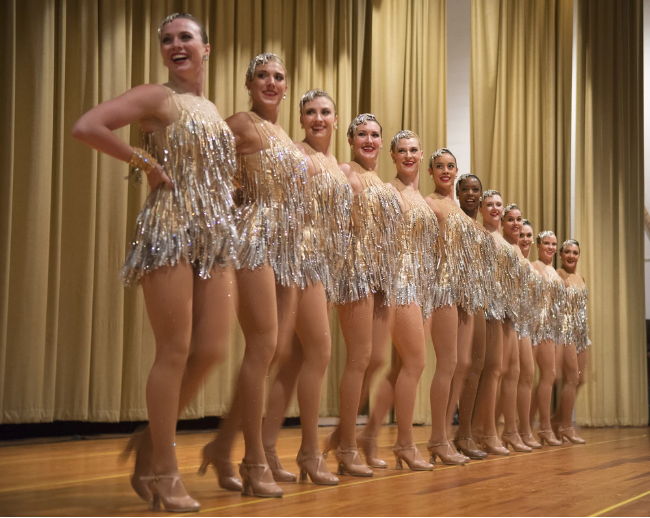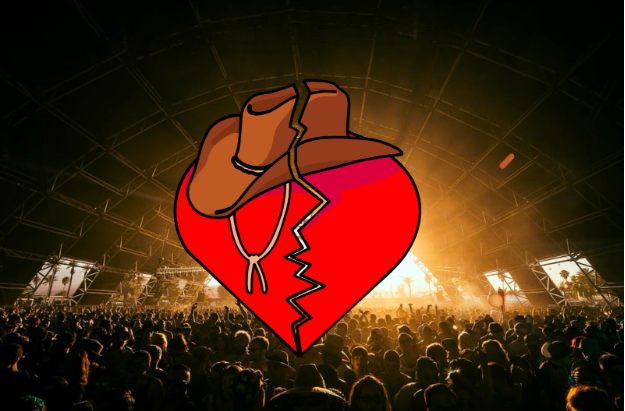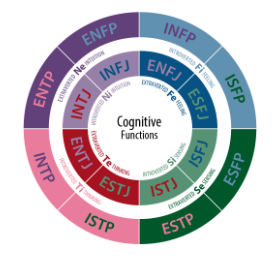Christopher Nolan’s “The Dark Knight” goes far beyond the typical superhero movie of its time. It consists of the typical heart-pounding action sequences, but it goes further, posing questions about conventional morality and who really is the “good guy?” A film with powerful composition, supported by incredibly authentic performances, “The Dark Knight” is a brilliant film that everyone should see.
The film begins overlooking Gotham City, a place held captive by organized crime and whose only defense is Batman, portrayed by Christian Bale. But first the audience is introduced to the Joker (Heath Ledger). Immediately his smeared makeup and disturbing smile creates a feeling of unease in the audience. This continues throughout the film with several monologues detailing the Joker’s tragic past and origins. Helpless to stop crime in the city, the police call on Batman, a controversial vigilante to protect Gotham. But this is exactly what the Joker wants. More than simply a murderous clown, Joker is a psychopathic killer whose fundamental goal is to turn the city against Batman and corrupt the morality of all its citizens.
Joker presents several impossible decisions for both Batman and the citizens of Gotham throughout the film, testing their integrity. He compels the city to kill an innocent whistle blower or see its largest hospital and all of its inhabitants destroyed. Joker presents to Batman the choice to save either Harvey Dent, an energizing District Attorney, or Rachel, the woman who Batman and Harvey both love. While the Joker may be literally asking the characters of the film to make the choice, he asks the audience as well.
The film’s acting is undoubtedly what makes it one of the best films of this century. Heath Ledger, who passed away before the release of the film delivers an incredibly haunting performance well deserving of his posthumous Oscar win. His maniacal laughter and delivery of his monologues are utterly terrifying. Ledger could easily convince anyone watching that he was as psychopathic and morally corrupt as the Joker himself. Not to be forgotten is the performance of Aaron Eckhart who plays Harvey Dent in the film. For the first half, his character is the only person who is optimistic about solving crime in Gotham. But after Batman saves him over Rachel leading to her death, he descends into madness. Eckhart displays the essential message of the movie: the “best” of us can be morally corrupted into doing terribly evil things. Harvey turns to violence, murdering any police officer complicit in Rachel’s death. It culminates with his attempted murder of Officer Gordon’s young son. Both performances by Ledger and Eckhart are flawless and make the film the masterpiece that it is.
Not to be outdone is Christopher Nolan, the film’s director and writer. Using left to right panning, unbalanced composition, and upside down camera angles, he keeps the audience on the edge of their seat for the entire film. Even more impressive is his script. His writing of the “Why so serious?” monologue is a haunting trivialization of death that gives the audience a glimpse into Joker’s psyche. Moreover, the Joker and Batman’s exchange where Joker states that Batman “completes” him asks the audience how different the two really are. His script, like the one of “Double Indemnity” (1944) asks how easily normal people can be turned into monsters. Like the film noir classic, “The Dark Knight” plays with the juxtaposition of outward righteousness and inward turmoil.
Amidst the many high-budget superhero movies that preceded and would follow “The Dark Knight,” this film truly stands alone. It is a neo-noir commentary on the corruptibility of the average person, more so than a typical action film. The performances of Ledger and Eckhart are enough in my opinion to see this film and enjoy it, but the brilliant writing, and excellent use of compositional techniques compel me to watch it again and again. For any person, cinephile or superhero fanatic, this is a masterpiece that they must see.






![[135711_1678] by [Walt Disney Television] is licensed under [CC BY-ND 2.0]](https://flhsprospect.com/wp-content/uploads/2025/01/14048814959_0bd7dbdacb_o-1200x800.jpg)
